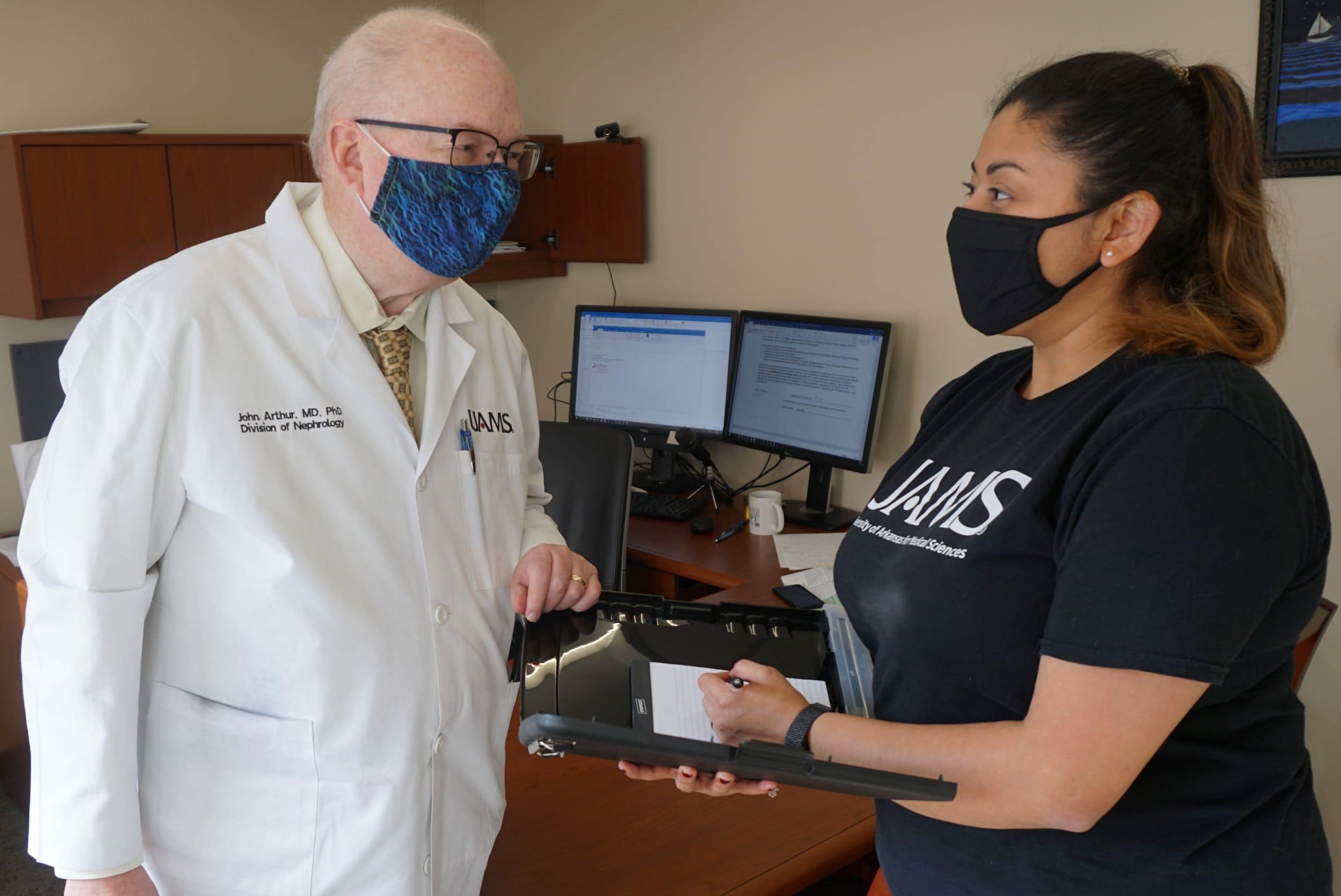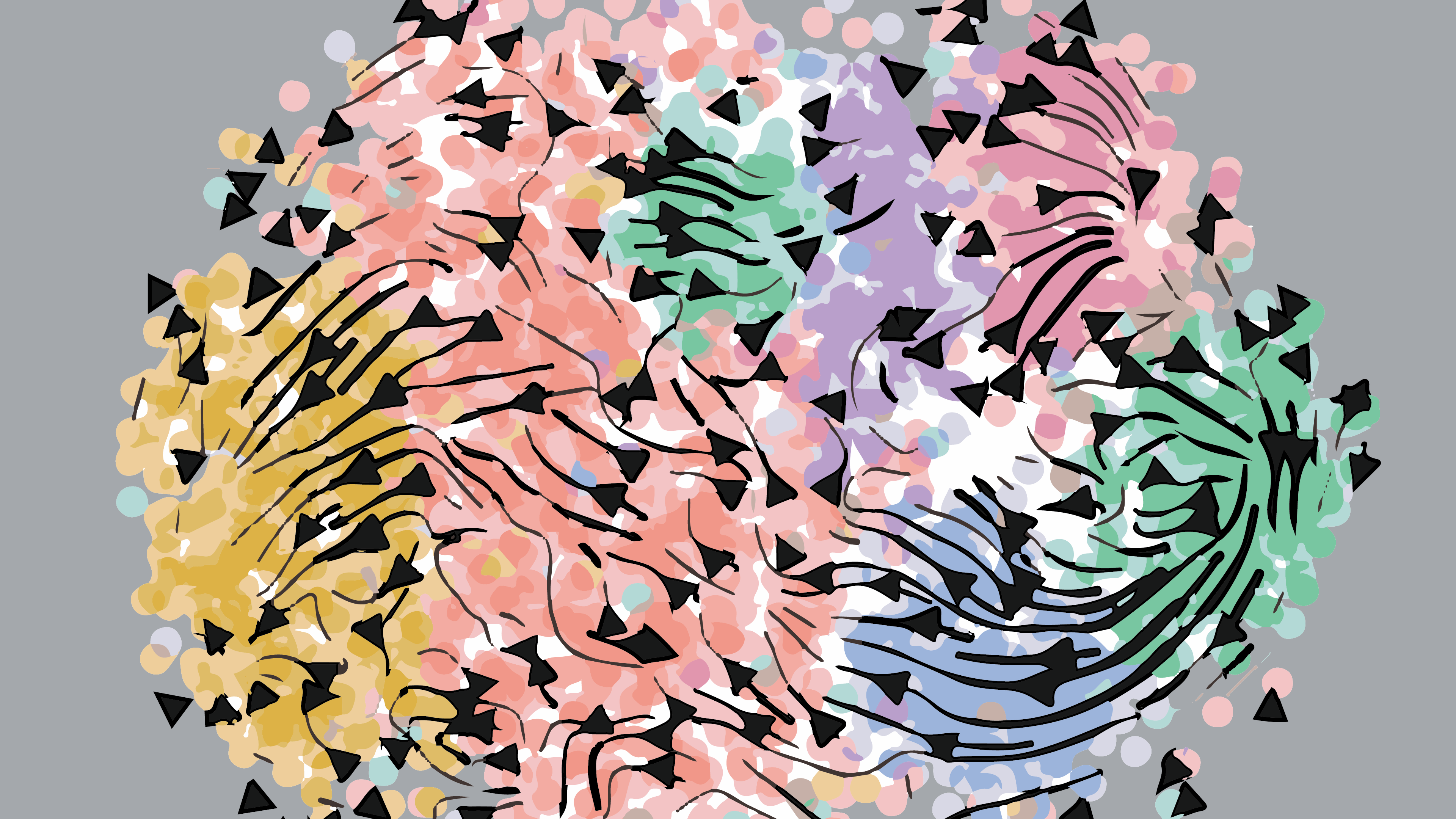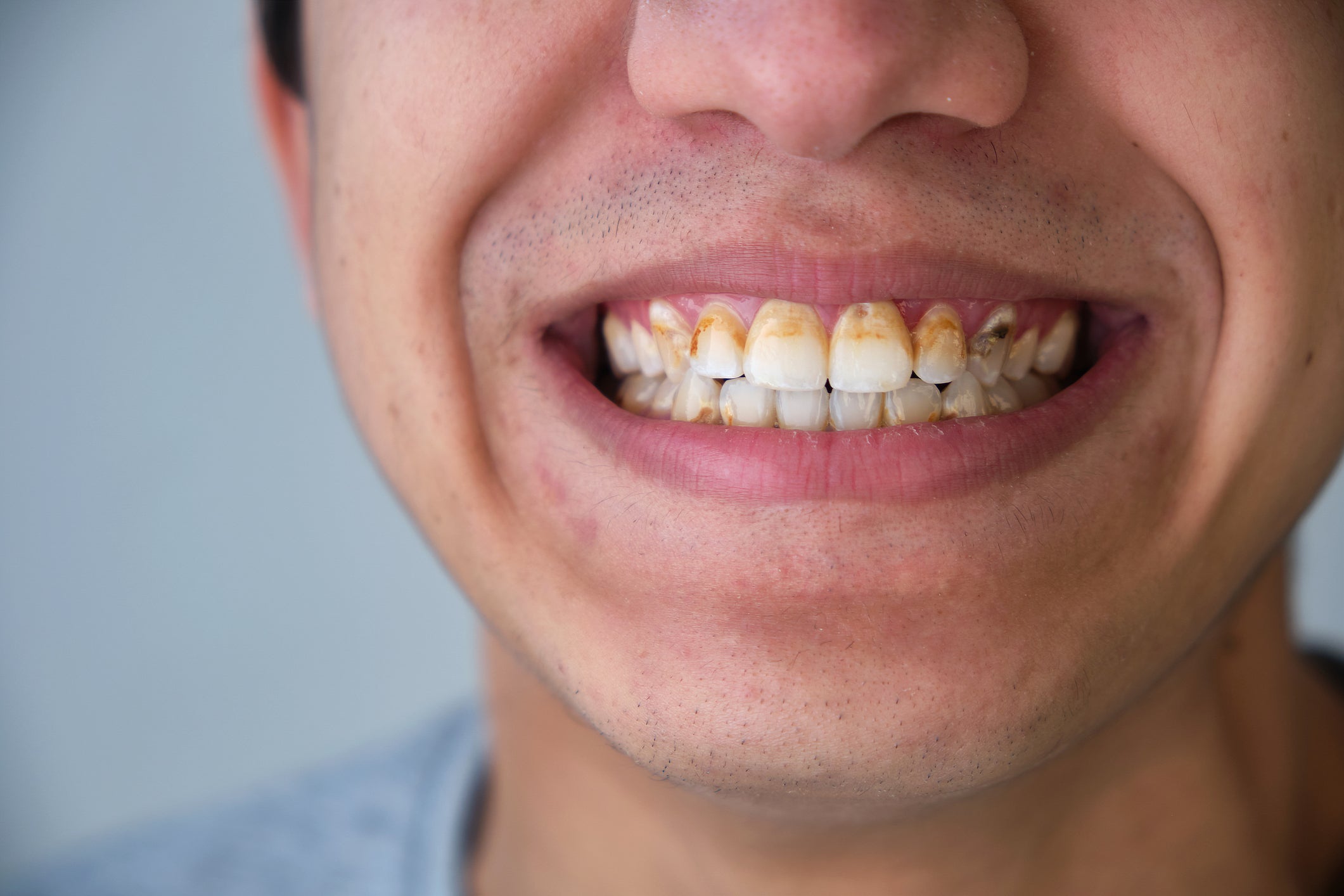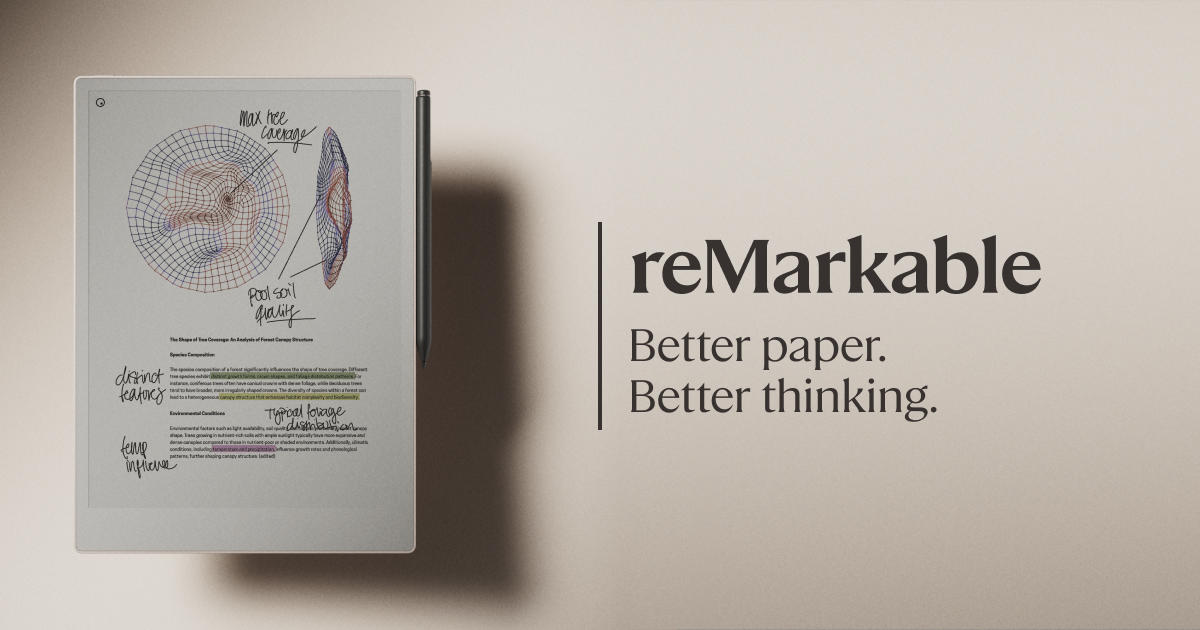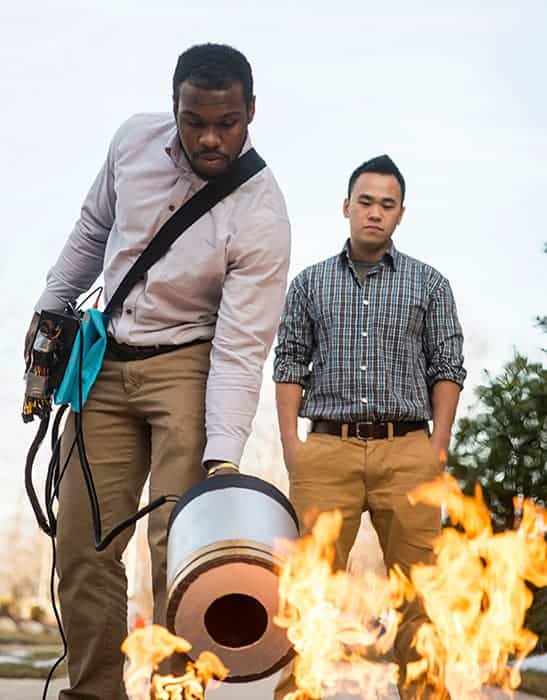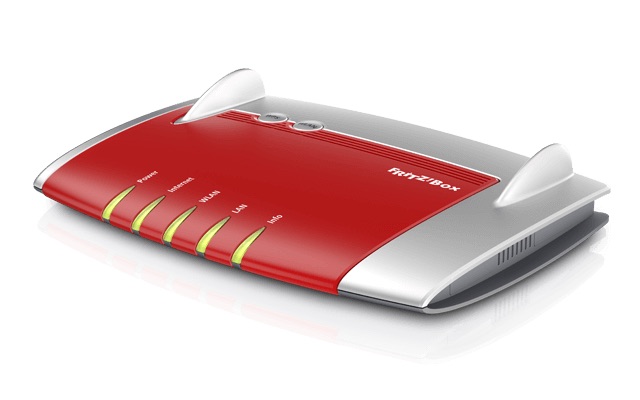
Discovery of new skeletal tissue advances regenerative medicine potential
This article has been reviewed according to Science X's editorial process and policies. Editors have highlighted the following attributes while ensuring the content's credibility:
An international research team led by the University of California, Irvine has discovered a new type of skeletal tissue that offers great potential for advancing regenerative medicine and tissue engineering.
Most cartilage relies on an external extracellular matrix for strength, but "lipocartilage," which is found in the ears, nose and throat of mammals, is uniquely packed with fat-filled cells called "lipochondrocytes" that provide super-stable internal support, enabling the tissue to remain soft and springy—similar to bubbled packaging material.
The study, published in the journal Science, describes how lipocartilage cells create and maintain their own lipid reservoirs, remaining constant in size. Unlike ordinary adipocyte fat cells, lipochondrocytes never shrink or expand in response to food availability.
Leave a Comment
Related Posts

